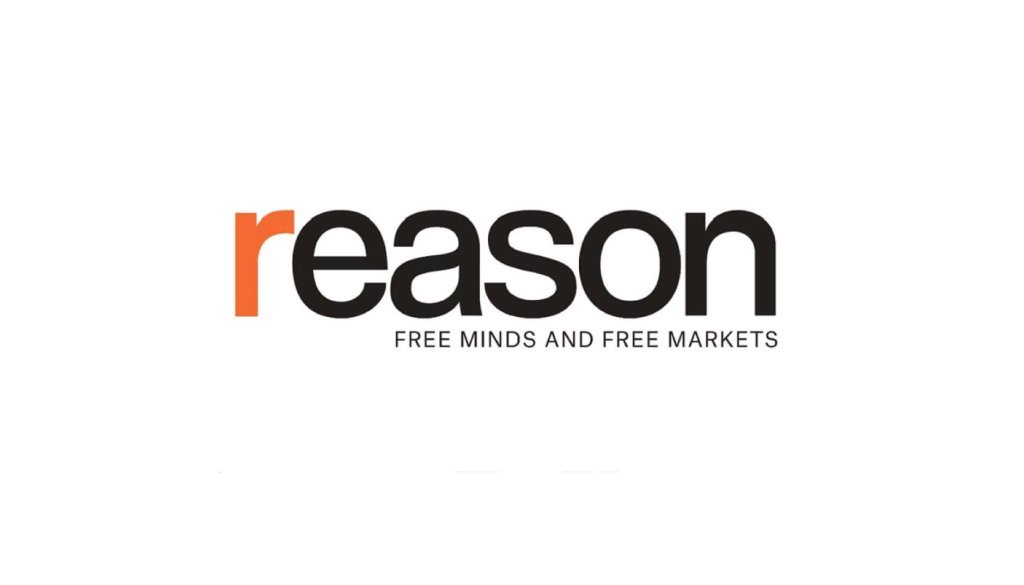Law Firms Take Fewer Pro Bono Clients After Trump’s Unconstitutional Orders
President Donald Trump reentered office in January promising retribution against those he felt had wronged him, either during his first term or in his interregnum. Making good on that pledge, Trump issued numerous executive orders targeting law firms that have represented Democrats or other people suing or prosecuting him.
That, on its own, is a breathtaking abuse of presidential power—explaining why the orders have been repeatedly struck down. Still, it has had a chilling effect on those law firms and their willingness to take on clients the president might not approve of, especially those who rely on lawyers to take their cases pro bono.
“Dozens of major law firms, wary of political retaliation, have scaled back pro bono work, diversity initiatives and litigation that could place them in conflict with the Trump administration,” Reuters reported this week. “Many firms are making a strategic calculation: withdraw from pro bono work frowned on by Trump, or risk becoming the next target.” The outlet reached this conclusion after it “interviewed more than 60 lawyers, reviewed 50 law firm websites, contacted more than 70 nonprofits and analyzed millions of court records.”
“Fourteen civil rights groups said the law firms they count on to pursue legal challenges are hesitating to engage with them, keeping their representation secret or turning them down altogether in the wake of Trump’s pressure,” the report found. “The retreat has been painful for the nonprofit advocacy groups challenging Trump’s sweeping assertions of executive authority, limiting their resources for researching legal arguments, preparing briefs and pursuing litigation.”
While it may seem counterintuitive, high-priced lawyers offering their services for free is actually an important part of the American legal system.
“Every lawyer has a professional responsibility to provide legal services to those unable to pay,” according to the American Bar Association’s Model Rules of Professional Conduct. “A lawyer should aspire to render at least (50) hours of pro bono publico legal services per year.”
Yes, providing free legal services to people who can’t afford it is a boon to a law firm’s reputation. But it’s also a net positive more generally: “According to most estimates, about four-fifths of the civil legal needs of the poor, and two- to three-fifths of the needs of middle-income individuals, remain unmet,” legal scholar Deborah Rhode wrote in 2004.
That’s to say nothing of the nonprofit organizations that don’t have pockets as deep as some corporate clients. And it doesn’t help that the cost of legal representation has spiraled upward for decades, putting it out of reach for even some of the well-moneyed among us.
Attorneys goosing their reputations by providing quality representation to people with low incomes or nonprofits is a win-win situatio
Article from Reason.com

The Reason Magazine website is a go-to destination for libertarians seeking cogent analysis, investigative reporting, and thought-provoking commentary. Championing the principles of individual freedom, limited government, and free markets, the site offers a diverse range of articles, videos, and podcasts that challenge conventional wisdom and advocate for libertarian solutions. Whether you’re interested in politics, culture, or technology, Reason provides a unique lens that prioritizes liberty and rational discourse. It’s an essential resource for those who value critical thinking and nuanced debate in the pursuit of a freer society.




